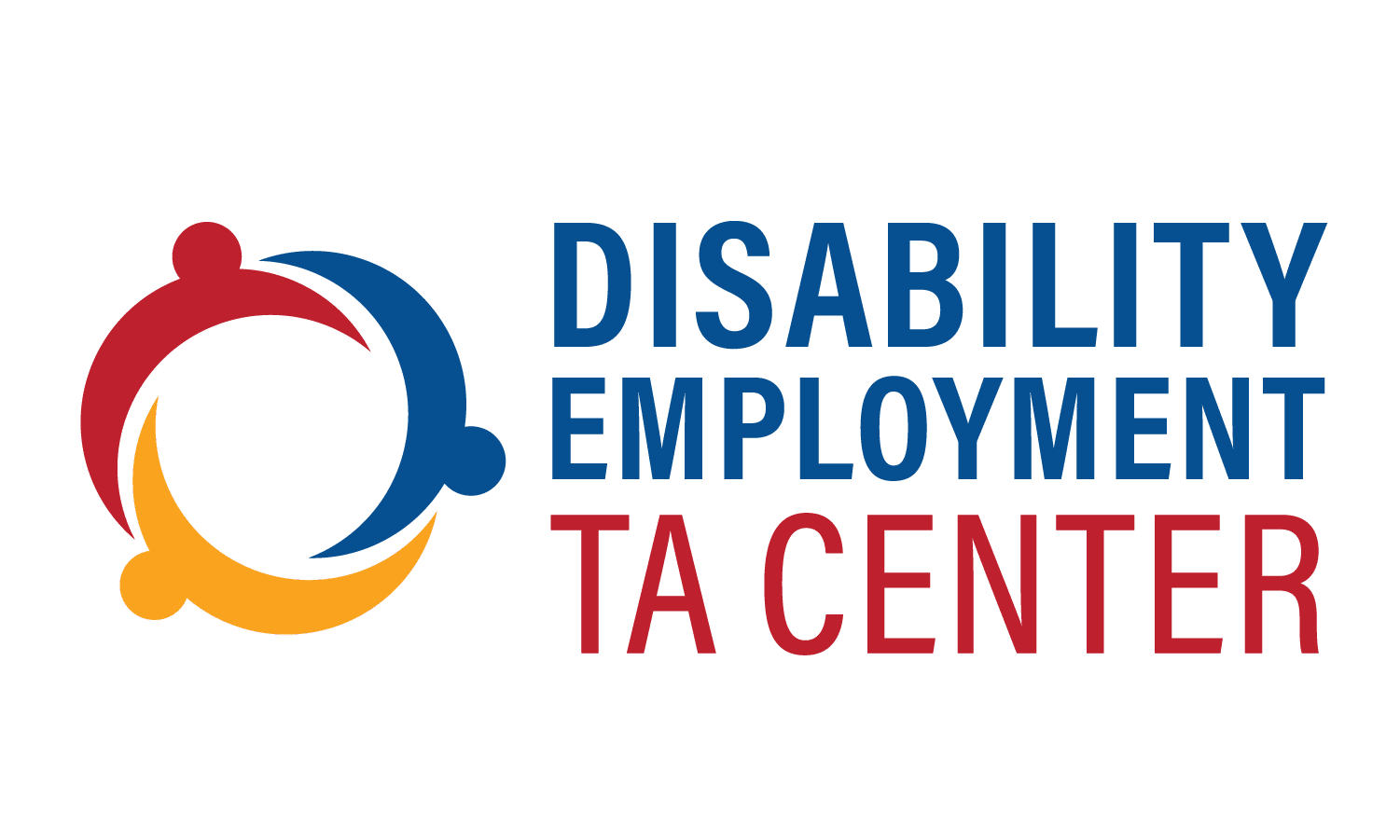May 2022
DETAC-2022-DDN-2
Authored by: Doug Crandell,
University of Georgia, Institute on Human Development and Disability
University Centers for Excellence in Developmental Disabilities (UCEDD) occupy a unique role within the Developmental Disabilities (DD) Network, by disseminating information, offering training, and conducting research. Still, there is an important key function that can have an impact on how the partners within a state move the needle on the employment rates of citizens with the most significant disabilities: a UCEDD can harness all its core functions and focus on a new brand of outreach, specifically to those parts of a state’s economy that are often very separate from human service agencies, such as trade groups, economic forecasters, labor unions, legislative bodies, and workforce development entities. To do so requires a mindful shift from the language of advocacy to the vernacular of economics. In fact, if we look at this issue more deeply, and with purpose, we can see how often the typical advocacy efforts result in a confusing message. A legislative body may think all that the “disability community” desires is more funding, or a state-level economist might see disability as merely a marginalized demographic data point rather than a dynamic and diverse constituency with real purchasing power.[i] Public policy is integrally connected to economics, and to increase the rates of employment, self-determination, and inclusion, we must accept that language can put up more barriers than solutions. In this way, a UCEDD can function as translator, convener, and economic advocate. The words we choose can build communities.[ii] Below are some common methods of services advocacy juxtaposed with economic advocacy.

